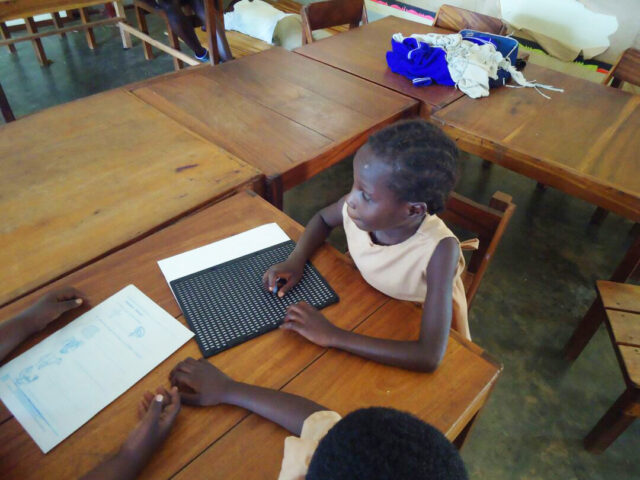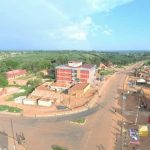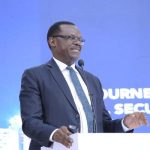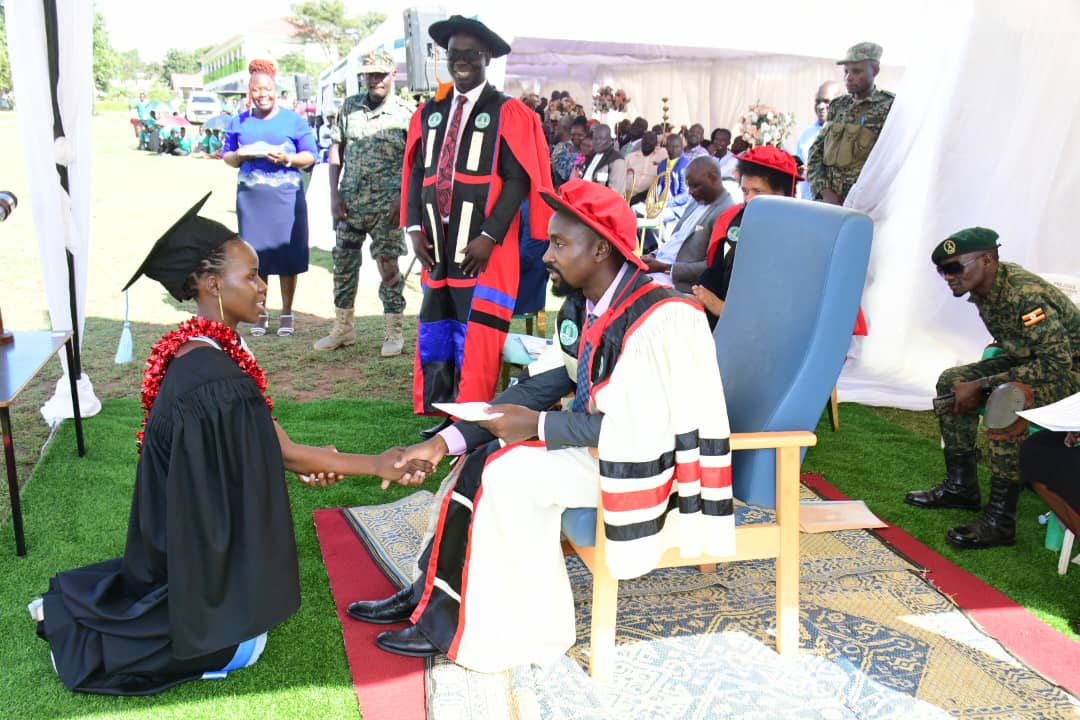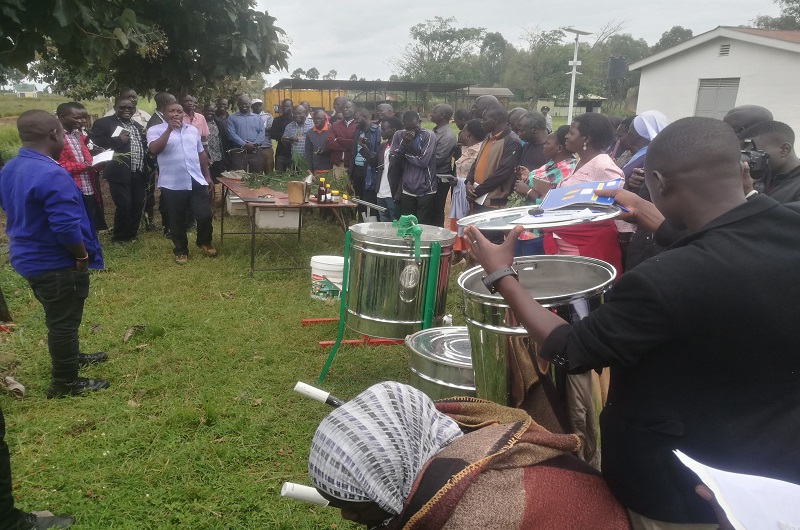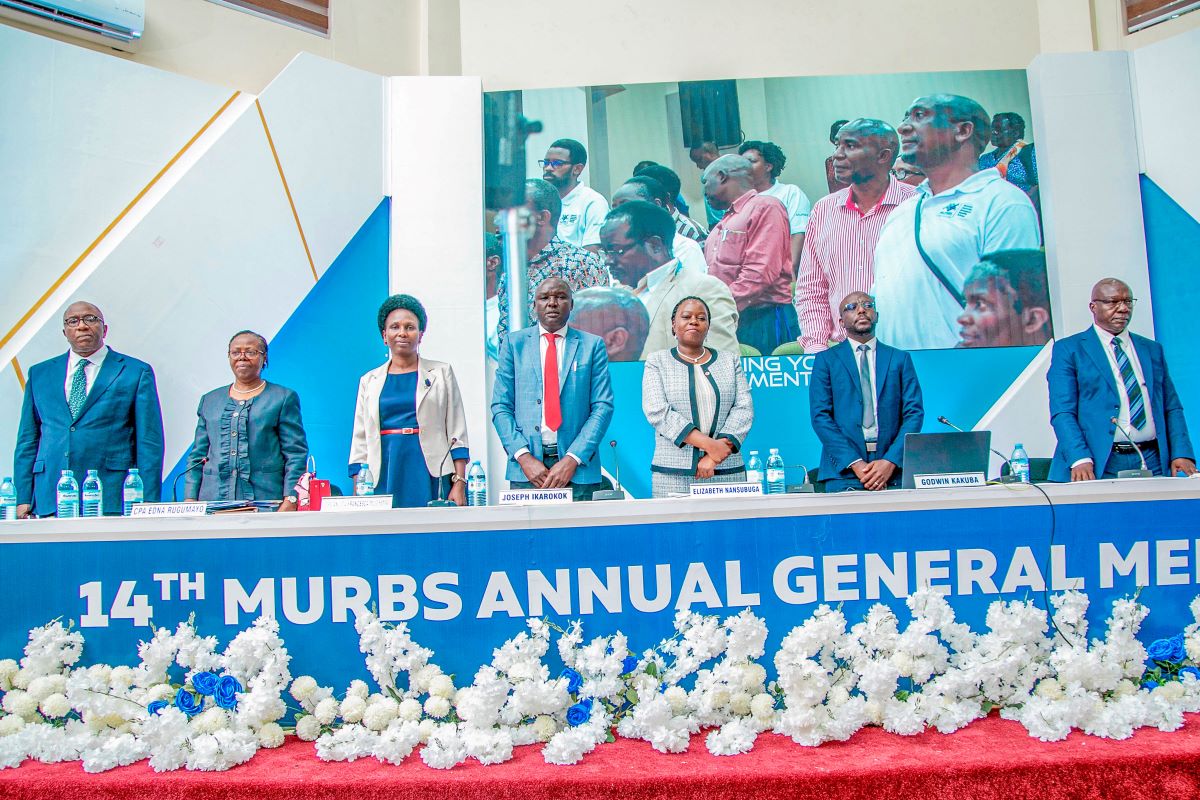In Uganda, experts and advocates who support inclusive education are asking for better assessments for students with disabilities. They believe that the current assessment methods don’t consider the different needs and abilities of these students, which makes it harder for them to do well in school.
Esther Kyozira, the CEO of the National Union of Disabled Persons of Uganda (NUDIPU), said that because there are no assessments tailored for students with disabilities, they often have to take standardized tests that may not show how much they know and what skills they have. This can lead to them dropping out of school, especially if they can’t pass a test that’s needed to move on to the next grade. This makes the education system in Uganda less fair and inclusive.
Many speakers at the recent Third National Inclusive Education Symposium agreed with Kyozira and called for changes to make assessments fairer.
Kyozira also pointed out that the current assessments make it difficult for students with special needs to move up in their education. Data shows that there are more special needs students in lower grades, but fewer as they go higher in school.
For example, in the 2022 Primary Leaving Examination (PLE), many deaf students had trouble getting good grades. Out of 263 deaf students who took the exam, none got the highest grade, and many got lower grades or were not graded at all.
Christine Atim, a teacher at the Wakiso School for the Deaf, explained that some of these students and their parents have found ways to continue their education despite low grades.
Sarah Ayesiga, the assistant commissioner for inclusive and non-formal education, also talked about the challenges faced by special needs students, especially when they have to answer questions in English, which is not their first language.
She also mentioned that many special needs students consistently get zero marks in their assessments, which stops them from moving on to higher levels of education. Ayesiga said this shows the need for better support and changes in how these students are assessed.
Daniel Alenyo, the Examinations Officer in charge of Special Needs Education, said they are working hard to support these students by providing things like sign language interpreters, large-print materials, braille materials, and assistants for students who struggle with writing.
But he also explained that the responsibility for helping special needs students doesn’t just lie with the assessments. They have to follow the education system and curriculum that’s in place. He urged advocates to consider all the factors involved when trying to make education more inclusive.
However, he’s hopeful that changes in the curriculum, which now focuses more on assessing skills, might help special needs students in the future.
This problem in Uganda is not unique, as educators and advocates around the world have also pointed out similar issues in their countries. It affects many students with disabilities globally who face challenges in getting a fair and equal education.

